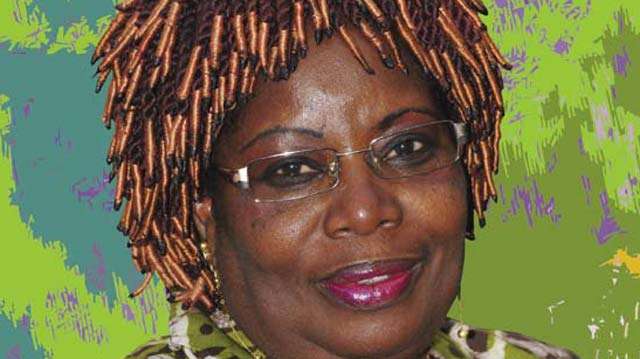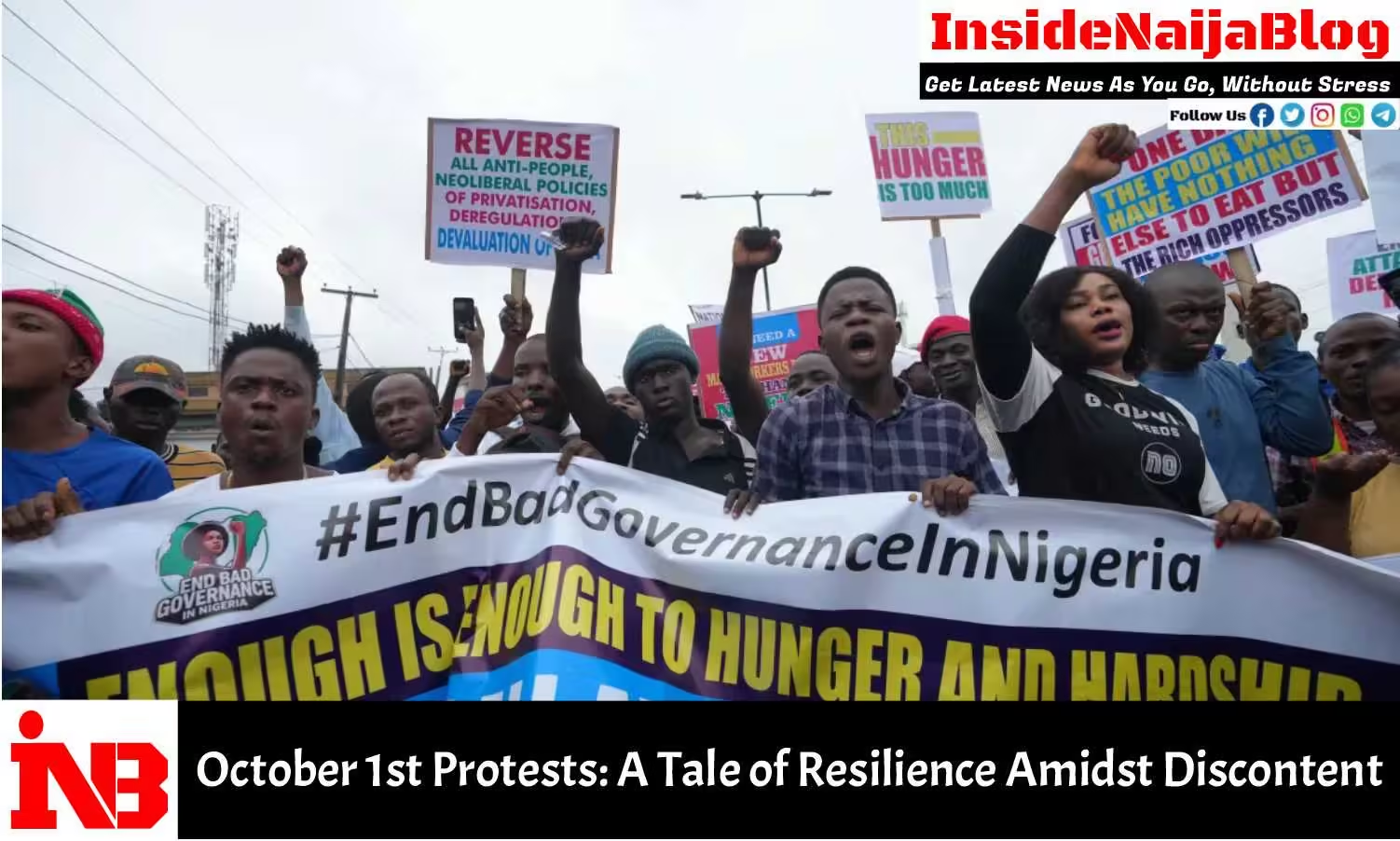By the time you settle down to read this, you will be safely at rest in a place of peace, with your feet up, a warm cup of tea by your side, and a soft pillow supporting your back. I know you must be exhausted—not just from the long journey of your life but from the countless praises and tributes being showered upon you by those whose lives you touched. And what a journey it was. I count myself incredibly fortunate to have been among those who walked some of its miles with you.
I first met you in the early 1990s when I was with Akina Mama wa Afrika in London. Our paths crossed at the annual Commission on the Status of Women in New York and at AWID Forums across the world. But it was in March 2000 at the African Women’s Leadership Institute (AWLI) Nigeria National Workshop in Ogere, Ogun State, that I had the privilege of truly engaging with you. You had graciously accepted our invitation to serve as a resource person, and your impact was immediate and unforgettable.
Your lecture on Gender and Feminism that day was a turning point for many of us. You shattered conventional beliefs with a single statement: “We learn gender roles; we are not born with them. Women do not cook with their vaginas, nor do they bring spoons with them at birth. Men do not write laws with their penises.” That powerful declaration stayed with us, shaping our understanding and influencing the way we would go on to teach others. It was vintage Bene—bold, unapologetic, and transformative.
From that moment, I made it a mission to stay close to you, to learn and grow under your mentorship. We traveled together, debated, and built a movement. I remember Zanzibar in 2003, when we worked on launching the African Feminist Congress, which later evolved into the African Feminist Forum. The gathering was tense, as ideological disagreements arose among participants. Some of us turned to you, one of our elders, for guidance. You listened, you judged no one, and you agreed to mediate. Though the crisis was not averted, your leadership, integrity, and grace left an indelible lesson on what it truly means to serve.
I remember vividly when, on our way back from that difficult meeting, we had a layover in Nairobi. I was disheartened, feeling like we had failed. You simply pulled me into a hug and said, “Please don’t worry about it. It’s all politics. Don’t you know?” Your wisdom was like a balm, soothing and reassuring. Years later, when the African Feminist Forum successfully took off in 2006, your role in its foundation was undeniable.
One of the many debates we had in those days was about who qualified as an “African Feminist.” We agreed that anyone who questions and challenges patriarchy and gender-based oppression could claim the title. At the first African Feminist Forum in Accra in 2006, someone brought T-shirts with the slogan “This is what a Feminist looks like.” They sold out almost immediately and became a staple at our meetings. I will never forget that picture of you proudly wearing one of those shirts, standing next to Dr. Ayesha Imam at the Nigeria National Feminist Forum in 2008.
Mumsy Bee, you wore many hats. You were a Professor of Botany at the University of Calabar, a teacher of teachers, a feminist thinker, a humanist, a Marxist/socialist, a sexual and reproductive rights advocate, and the co-founder of the Girls’ Power Initiative (GPI) with Grace Osakue. You were also the first female chairperson of the Academic Staff Union of Universities (ASUU) at the University of Calabar and a national executive member of ASUU. You were a founding member of Women in Nigeria (WIN). You were a wife to Professor Edwin Madunagu, a mother to three wonderful children, and a mentor to countless people—including me.
You always believed in the potential of others, even when they doubted themselves. In August 2004, you invited me to the 10th anniversary of the Girls’ Power Initiative in Calabar. I was supposed to give a five-minute goodwill message, but a week before the event, you called me and said, “Bisi, you have been promoted. You are now delivering the keynote address.” I panicked! The original keynote speaker, a distinguished feminist scholar, had pulled out due to an emergency, and I felt unworthy of filling her shoes. But you dismissed my fears: “You are the right person for the task. You will be great.”
I spent days preparing, determined not to let you down. After my speech, you hugged me tightly and whispered, “See? I knew you would do a great job. I am so proud of you.” That was who you were. You uplifted those around you, pushing them to step into their greatness.
Your mentorship was a gift. You never made it feel like a favor; you made everyone feel valued and seen. I have often told younger feminists that the best mentors are the ones who make you feel like the most special person in the room, not the ones who remind you of how much they are sacrificing for you. That was the kind of leader you were.
Now that you are gone, the world feels a little emptier. Kayode, too, is heartbroken; he adored you. We are in a time when debates about feminism and gender justice rage louder than ever—some productive, others completely misguided. Can you believe, Auntie Bene, that in 2024, some still argue about what feminism really means? We have always said that feminism is for anyone who takes issue with the oppression, marginalization, and silencing of women. These conversations have become messy, with social media reducing feminism to viral arguments rather than the deep, structural work you dedicated your life to.
Back in the 1980s, when you and others started Women in Nigeria (WIN), there was no social media. There were no influencers chasing clout by reducing gender struggles to sensational soundbites. The work was serious, deliberate, and necessary. It still is. But now, with elders like you leaving us, the burden of carrying on the struggle weighs heavier on our shoulders.
As I wrote this, I came across the story of a young woman caught in a tragic public battle with her ex-partner—a situation shaped by systemic failures. Her struggles reflect the very issues you spent your life addressing. She was failed by society at every turn, left vulnerable and powerless. It reminded me that our work is far from over. The fight for justice, dignity, and equality must continue, no matter how daunting.
But I shouldn’t trouble you with this, Mumsy Bee. You have done your part. You ran your race and did so with grace, wisdom, and love. This is simply my way of saying thank you—for everything. For the work, the lessons, the love, the laughter, the unwavering support. For every time you lifted me up, for every hug, for every word of encouragement. For being a role model of what it means to live a life of purpose.
Rest well, Auntie Bene. You have earned your peace. Keep sipping that tea. We will carry on the work you started, and we will make you proud.
Bisi Adeleye-Fayemi
Gender and Development Specialist, Leadership Coach, and Writer.
Founder of Abovewhispers.com.




